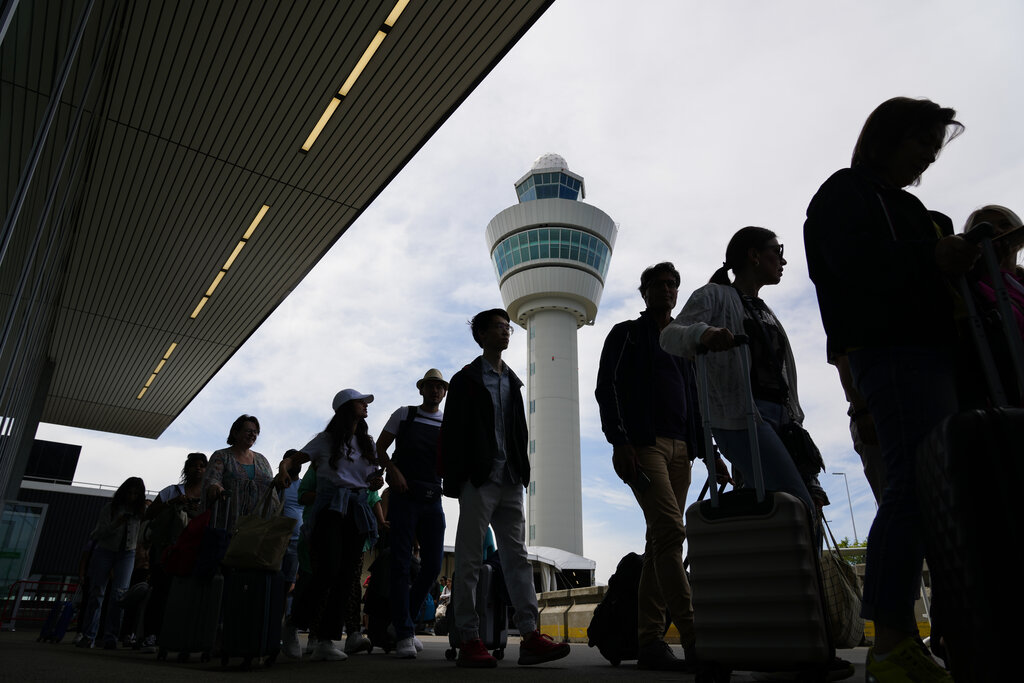EU to Curb Multiple-Entry Visas for Russians Amid Intelligence Concerns

The European Union is preparing to impose new restrictions on visa issuance for Russian citizens, effectively ending the practice of granting multiple-entry Schengen visas in most cases.
The Gaze reports this, referring to Politico.
The proposed measures are aimed at tightening controls and further limiting travel opportunities for Russian nationals, following Moscow’s continued aggression against Ukraine and growing concerns over espionage activities across Europe.
If adopted, the decision would mean that Russians applying for Schengen visas will generally receive only single-entry permits, marking another step in the EU’s gradual dismantling of pre-war travel privileges.
The bloc had already suspended its visa facilitation agreement with Russia in 2022, making applications more expensive and time-consuming. Several member states, including Estonia, Latvia, and Lithuania, went further by completely banning or severely restricting Russian entry.
However, visa policy remains a national competence within the EU, meaning that Brussels cannot enforce a total entry ban but can harmonize stricter procedures across member states.
European Commission data shows that more than 500,000 Russians received Schengen visas in 2024 – an increase from 2023 but still far below the 4 million issued in 2019, before the full-scale invasion of Ukraine.
The new restrictions are expected to accompany the EU’s 19th package of sanctions against Russia, which will also include measures to monitor and limit the movements of Russian diplomats.
Under the proposal, diplomats would have to notify host states before traveling through the Schengen area, as part of efforts to curb what Brussels calls “increasingly hostile intelligence operations” by the Kremlin.
Germany has already moved ahead with similar measures, tightening visa screening and reducing the categories of Russians eligible for entry. Berlin stressed, however, that humanitarian cases – such as opposition figures or persecuted individuals – will remain a priority.
European officials say the coordinated approach aims to maintain humanitarian access while closing loopholes exploited by Kremlin-linked individuals.
As The Gaze reported earlier, European Union member states have agreed to impose new restrictions on the movement of Russian diplomats within the bloc, in response to a growing wave of sabotage and espionage operations carried out by Russian agents operating under diplomatic cover.